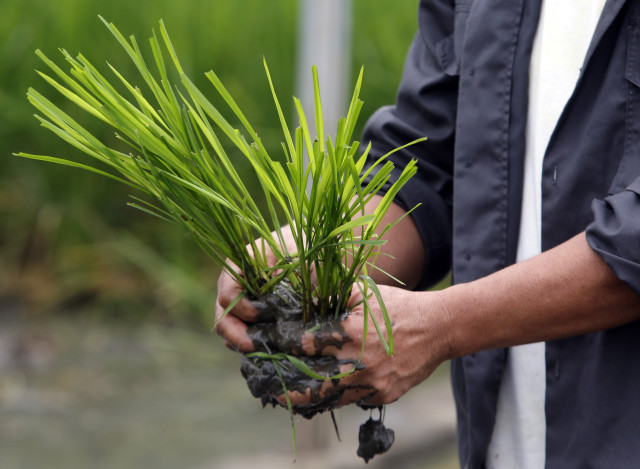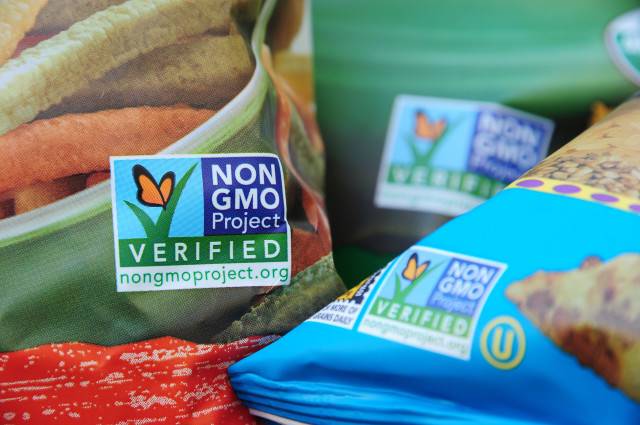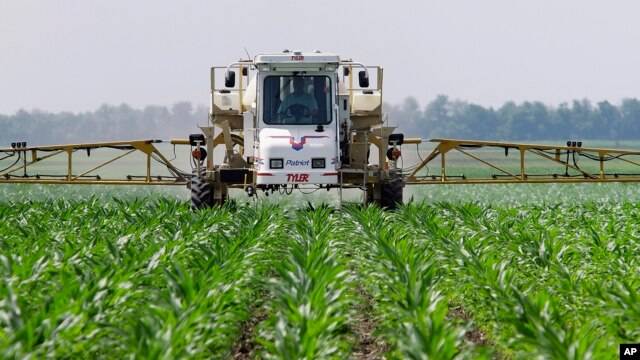Debate still crazy after all these years...
GM Foods Still Controversial After All These Years
November 28th, 2014 ~ Proponents and critics of genetic modification (GM) have been arguing over the potential impact of genetically modified organisms (GMO) on health and the environment for more than a decade now.
GM Foods Still Controversial After All These Years
November 28th, 2014 ~ Proponents and critics of genetic modification (GM) have been arguing over the potential impact of genetically modified organisms (GMO) on health and the environment for more than a decade now.
Genetic engineering can manipulate the DNA of crops to switch off existing traits or add new ones in ways that were not possible before. Proponents argue that genetic engineering has been at work long enough without reports of health or environmental risks. They say the process undergoes rigorous testing and is more precise and more sustainable. Opponents say the biotech industry’s safety tests are self-motivated and lack oversight. They argue that in addition to concerns over long-term health issues, the environmental impact of GM farming is already evident. TECHtonics reached out to two experts from each side of the debate to get a glimpse of where some of these issues stand today.
C.S. Prakash, Professor of Plant Molecular Genetics at Tuskegee University
The argument that genetically modified crops release escaped genes into the environment or that they cause allergies are concerns that are, in his view, “orchestrated and made up,” says Prakash. He says pollination and cross-pollination is always going on and has not prevented people from growing food crops for thousands of years and maintaining the purity of crop varieties. There are “no side effects to genetically modified crops,” says Prakash, and no increase in allergens because of GM crops. “It’s the other way round,” he added. “We have a technology where in the future, we can [grow] allergen-free plants, allergen-free food, or we have the technology where we can come up with sensors to identify food contamination and food poisoning and allergy. And so I don’t think there is any scientific basis for either of these.”

An agriculturist prepares to plant “Golden Rice” seedlings, grown from genetically-modified rice grains, at the International Rice Research Institute in Los Banos, south of Manila in the Philippines
He says the biotech industry does “rigorous testing” for food safety and environmental impact and will “make sure that any crop, commodity that is introduced into the market goes through substantial testing and that there is not going to be any known side-effects in terms of its nutritional quality being compromised or any new undesirable traits being introduced into our food. We clearly don’t want that.” “The risk of any product – food product, or any product – is inherent in the product and not in the process in which it was developed,” he said. “And so, many scientific bodies and organizations that have looked at biotechnology have said that … inherently, there is nothing dangerous about it.” Biotech, argues Prakash, has “far more answers and far more ways to answer about the consequences of food developed from GM technology compared to conventional.” With conventional breeding, he says “we absolutely had no idea what we were doing and what were the consequences of that. And yet we went ahead.”

Labels on bags of snack foods indicate they are non-GMO products, Los Angeles, California
Nevertheless, going conventional or GM is a matter of preference – and precision, says Prakash. “If you want something that is much more knowledge-based and science-based, and something that is more direct and straightforward, then you go for genetic modification,” he said. “But it also brings in a lot more expense, a lot of regulation, and of course, in some countries right now, GM crops are not allowed.” The biotech industry, according to Prakash, is not opposed to voluntary labeling of GMOs. But he argues that food is not typically labeled based on how it was grown, but rather on its nutritional content. He also suggests that labeling might antagonize consumers or give the impression that there is something dangerous about the product. He argues that labeling leaves consumers without a choice and puts “hurdles in the development of the technology for absolutely no reason.”
Ricardo Salvador, Director of the Union of Concerned Scientists




